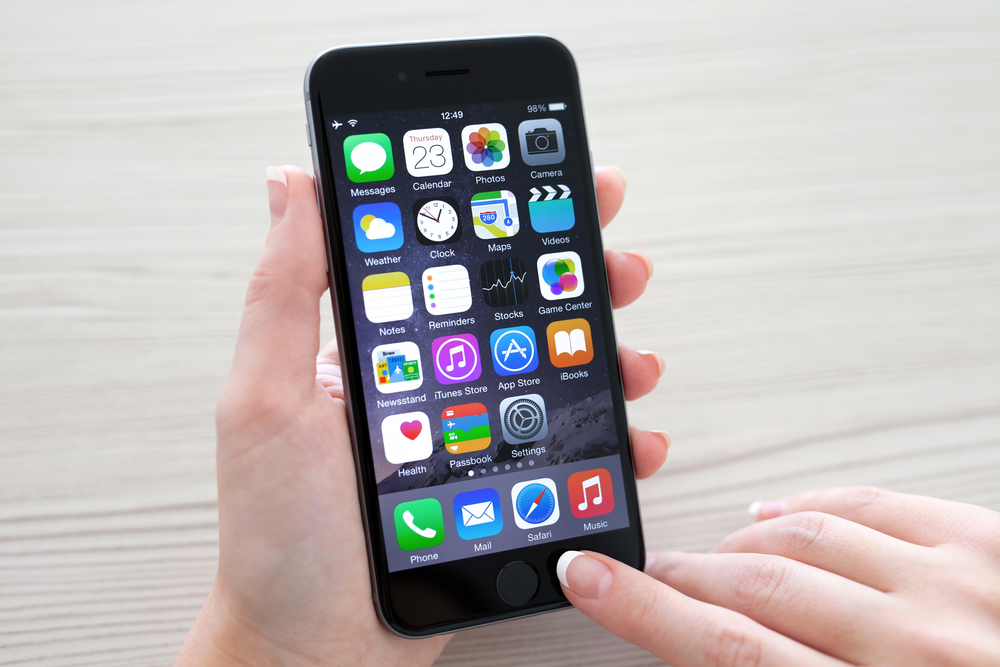
In today's digital age, mobile Google Play or App Store app s have become an integral part of our lives. From social media platforms to gaming apps, there is an app for almost everything. However, with millions of apps available in app stores, it can be challenging to stand out and ensure that your mobile App Store or Google Play app gets the attention it deserves. This is where mobile Android or iOS app marketing comes into play.
Mobile app marketing encompasses various strategies and techniques aimed at promoting and increasing the visibility of your app in order to attract more downloads and engagement. In this article, we will explore expert tips and tricks for successful mobile app promotion.
1. Define Your Target Audience
Before diving into any marketing efforts, it is crucial to identify and understand your target audience. Take the time to research and gather data on the demographics, interests, and behaviors of the users who would benefit most from your mobile iOS or Android app . This information will help you tailor your marketing messages and select the most effective channels for reaching your target audience.
By narrowing down your target audience, you can create personalized and relevant content that resonates with them, increasing the likelihood of app downloads and user engagement.
2. Optimize Your App Store Listing
The first point of contact for potential users is your app store listing. Whether it's the Apple App Store or Google Play Store, optimizing your app's listing is essential for attracting attention and standing out from competitors.
Start by choosing an appealing and descriptive app name that reflects its functionality. Write a compelling and informative app description that highlights the key features and benefits of your app. Use relevant keywords naturally throughout the description to improve the app's visibility in search results.
In addition, ensure that you have eye-catching app screenshots and videos that showcase the app's interface and functionality. User reviews and ratings also play a significant role in app store rankings, so encourage satisfied users to leave positive reviews to boost your app's reputation.
3. Leverage Influencer Marketing
Influencer marketing has become a powerful tool for promoting mobile apps. Find influencers in your app's niche or industry with a large following and engage with them to showcase your app to their audience. This can be done through sponsored posts, reviews, or collaborations.
When choosing influencers, consider their relevance to your target audience and the authenticity of their engagement. Aim for influencers who have an engaged and active audience that aligns with your app's target users. Influencer marketing can significantly increase your app's visibility and generate buzz around its launch.
4. Run Paid Ad Campaigns
Paid advertising campaigns are effective in reaching a broader audience and driving app downloads. Facebook Ads, Google Ads, and other mobile ad networks offer various ad formats specifically designed for mobile app promotion.
When creating ad campaigns, be sure to target your ideal audience based on demographics, interests, and behaviors. Use compelling visuals, such as app screenshots or short videos, to grab attention and entice users to download your app. Experiment with different ad formats and messaging to find what resonates best with your target audience.
5. Create Compelling Content
Content marketing is not limited to blog articles and social media posts. It can also be a powerful tool for promoting mobile apps. Create informative and engaging content around topics related to your mobile app. This could include tutorials, how-to guides, case studies, or industry insights.
By providing valuable content, you position yourself as an authority in your app's niche and build trust with potential users. Include links or calls-to-action within your content that direct users to download your app. Share this content on your blog, social media platforms, and relevant online communities to expand your reach.
Frequently Asked Questions
1. How can I identify my target audience for my mobile app?
To identify your target audience, conduct thorough market research and gather data on demographics, interests, and behaviors of potential users. Analyze similar apps in your niche to understand their user base. Use this information to create detailed user personas.
2. How can I make my app store listing more appealing?
To make your app store listing more appealing, choose a descriptive app name, write a compelling app description, and use relevant keywords. Include eye-catching screenshots and videos that showcase your app's interface and functionality. Encourage positive user reviews and ratings to boost your app's reputation.
3. Why is influencer marketing important for mobile app promotion?
Influencer marketing helps leverage the reach and credibility of influencers to promote your app to their engaged audience. By partnering with influencers relevant to your app's target audience, you can significantly increase your app's visibility and generate buzz around its launch.
4. What are some effective paid advertising platforms for mobile app promotion?
Facebook Ads and Google Ads are popular platforms for mobile app promotion. They offer various ad formats specifically designed to drive app downloads. Mobile ad networks such as Unity Ads and Chartboost are also effective for reaching a broader audience.
5. How can content marketing help promote my mobile app?
Content marketing helps establish your authority and build trust with potential users. By creating valuable and informative content related to your app's niche, you can attract and engage your target audience. Include calls-to-action or links within your content to direct users to download your app.
Mastering mobile app marketing requires careful planning and execution. By implementing the tips and tricks outlined above, you can boost your app's visibility, attract more downloads, and ultimately achieve app success.
Other useful resources
- https://en.wikipedia.org/wiki/Google_Play
- https://en.wikipedia.org/wiki/Android_(operating_system)